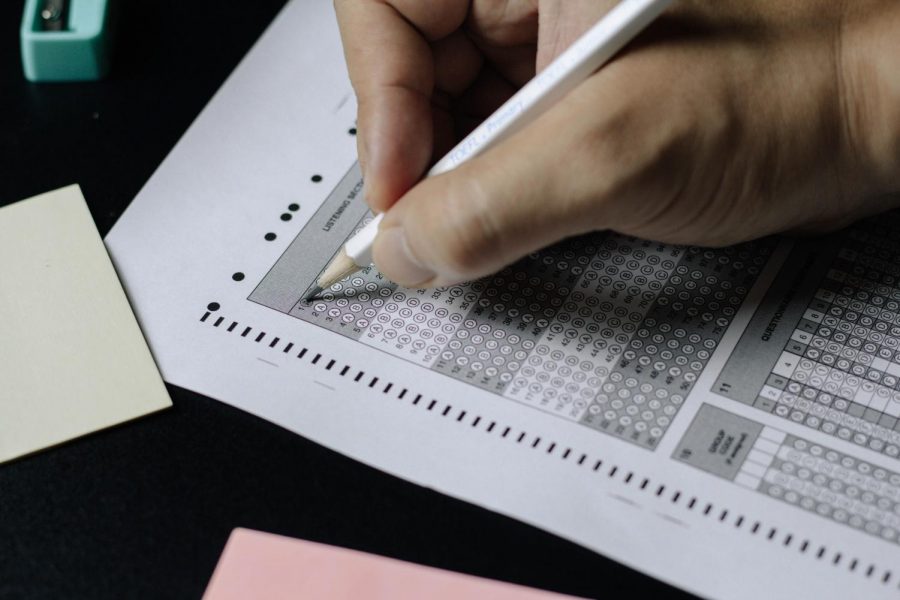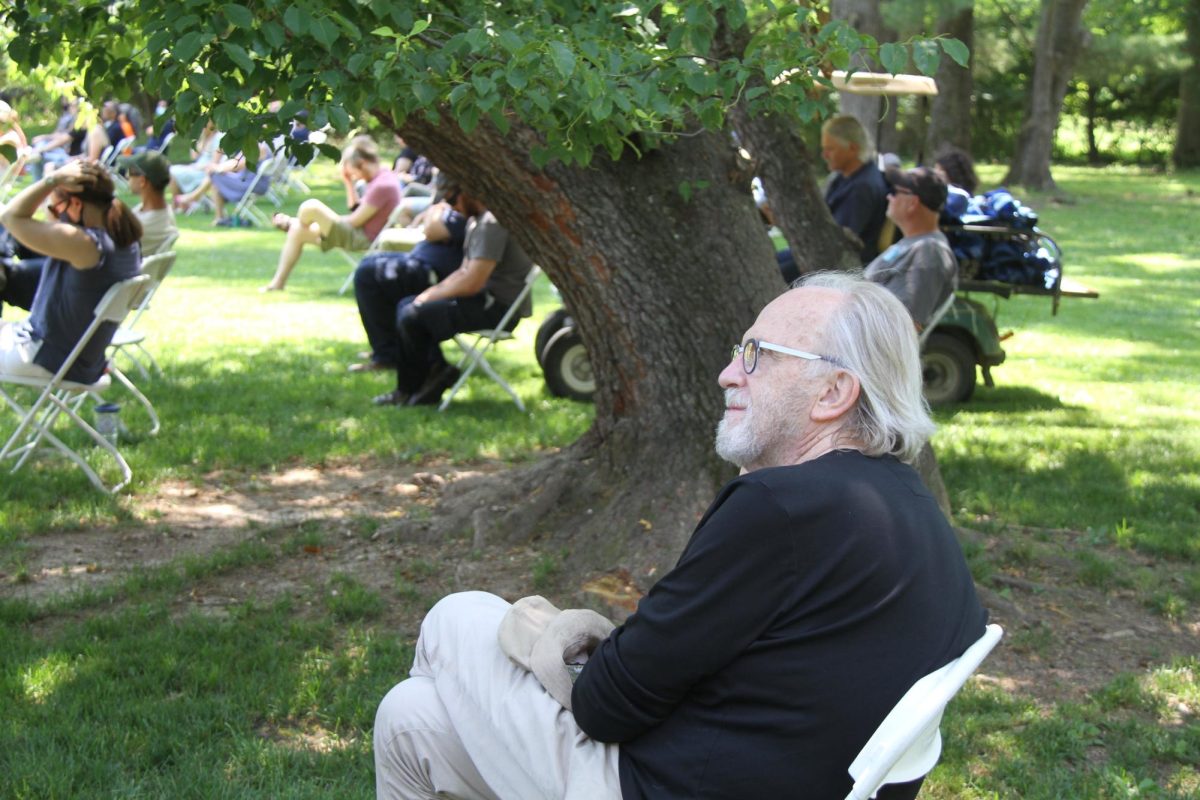Unfairness in the New College Board Tests
May 15, 2020
Due to the coronavirus, schools have moved online for the rest of the year, and everyday life as it once was has become a novelty. With this massive lifestyle change, many students have struggled with stress surrounding standardized tests, as these play a significant role in determining college acceptances. While all SAT and ACT tests have been canceled for the next few months, the college board has decided to conduct AP tests online. The tests are 50 minutes or less, and they consist of one or two free response questions for most classes. Although students are relieved that they will still have an opportunity to earn college credit with a high AP test score, many debate whether or not the tests are fair on a nationwide scale, and some are questioning whether these tests should even still be administered given the unique circumstances.
For students who have put in the time and effort to study and learn the material in their classes, this exam still provides them an opportunity to earn college credit or boost their resume with a high test score. It would be a shame for countless hours of preparation in AP classes to go unrecognized. However, there are some questions over whether or not these tests will be equitable.
Since the tests will be administered through the college board website, students need access to a phone, tablet, or laptop and a steady internet connection. Access to this necessary technology is a problem for many students who had planned to take the AP tests in person. If a student’s internet crashes during the exam, they will not be able to continue their exam, and their scores will be canceled. Weighing in on this issue, Upper School History teacher Dave Freedholm stated, “It seems to me that this year, equity issues will be more acute given that access to remote learning and the required technology to learn and take the AP test varies hugely across the country. There is so much variation in these things that I wonder if it is fair to give the AP tests at all.” Equity issues for AP testing have always been a problem, but at least the test taking process has been relatively the same for students across the country. Now with the introduction of technology and internet connection to the test-taking process, many–like Mr. Freedholm–wonder if the test should be held at all.
Along with unequal access to technology, there is debate over whether one or two questions can sum up a year’s worth of studying and preparation. This may not be enough information to fully assess students, and it leaves little room for error. For foreign languages, the College Board has decided to remove all written parts of the exam, and administer a solely oral test. Upper School Spanish teacher Christian Cousins discussed this change to the test: “Since this year’s exam will only be the two oral parts (meaning it will really only test listening and speaking), I’m worried that the outcomes won’t be a good reflection of a student’s overall language ability. When thinking about an exam grade under normal circumstances, you could expect a student’s strengths and weaknesses to begin to average out over the course of a multi-faceted test, where someone with strong speaking abilities could make up for weaker writing or reading skills, and vice versa. That obviously won’t happen this year. All that said, I do see this as the ‘least-bad’ option, given questions of academic integrity and equity of access.” Since the exam is only 45 minutes long, the majority of the material that students have learned will not be included. As Dr. Cousins said, the test will not be able to fully assess students on their knowledge of a particular subject, but this test does give students a chance to still earn college credit.
Though the new AP exams have a degree of unfairness to them due to widespread technology inequity and little room for human error, they are a reasonable attempt by College Board to make the best of a grim situation, a goal that all of us can relate to in the current climate.






